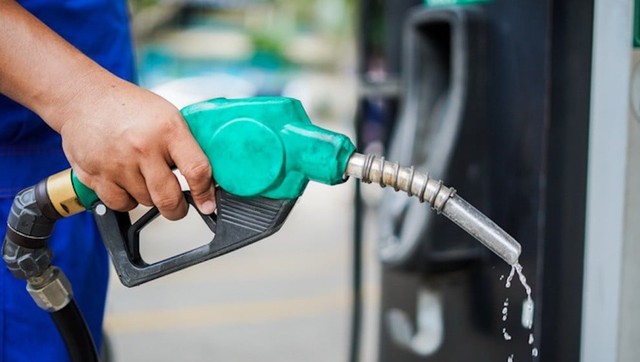Finance ministry proposes extension of fuel environmental tax cut until next year's end
VGP - The Ministry of Finance (MoF) has proposed extension of 50 percent cut for environmental protection tax on petrol, oil, and lubricants by the end of 2026.

Illustration photo
Viet Nam had decided to halve environmental protection tax on petrol, oil, and lubricants, applicable from April 2022 until December 31, 2025.
If the proposal is approved by the National Assembly Standing Committee, the environmental protection tax shall be VND2,000 per liter for petrol (excluding ethanol); VND1,000 per liter for jet fuel, diesel, mazut oil, and lubricating oil and grease.
From January 1, 2027, the tax rate will go back to the previous level at VND4,000 per liter for petrol (excluding ethanol), VND3,000 per liter for jet fuel, VND2,000 VND per liter for diesel, VND1,000 per liter for kerosene, VND2,000 per liter for mazut oil, VND2,000 per liter for lubricating oil and VND2,000 per kilogram for lubricating grease.
Environmental protection tax means indirect-collected tax, collected on products and goods when used to cause negative environmental impacts.
Introduced under the Environmental Protection Tax Law (2010), the tax is one of the key tools used by the government to promote sustainable development, reduce pollution, and align with international commitments on climate change./.

